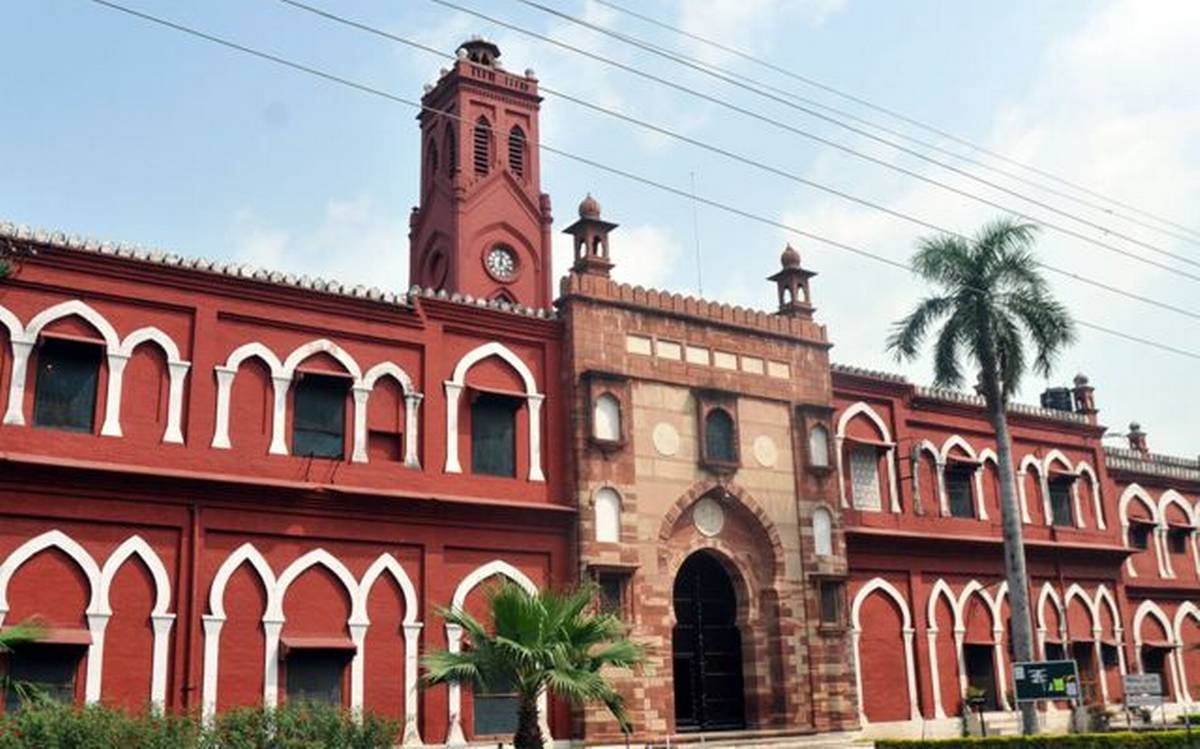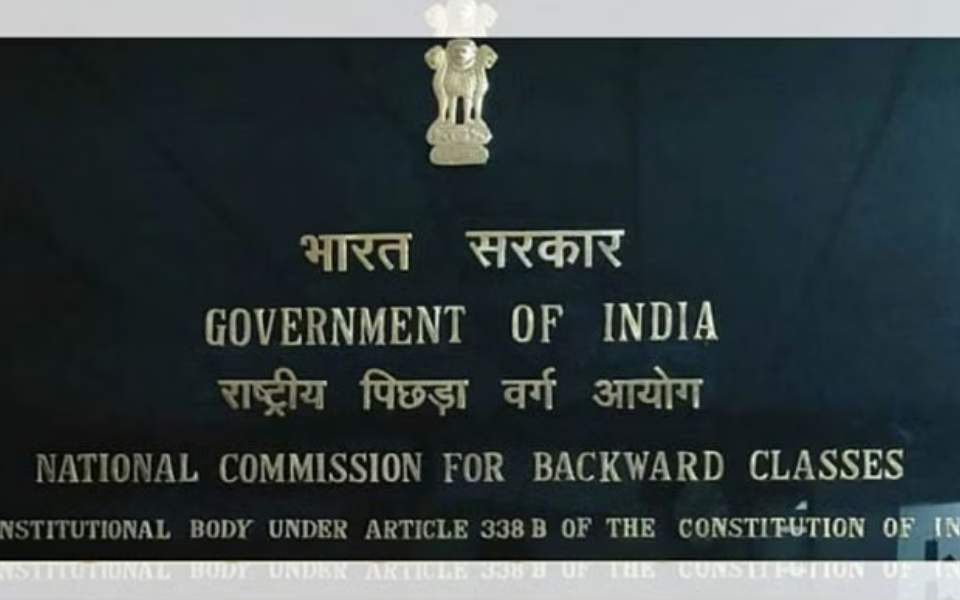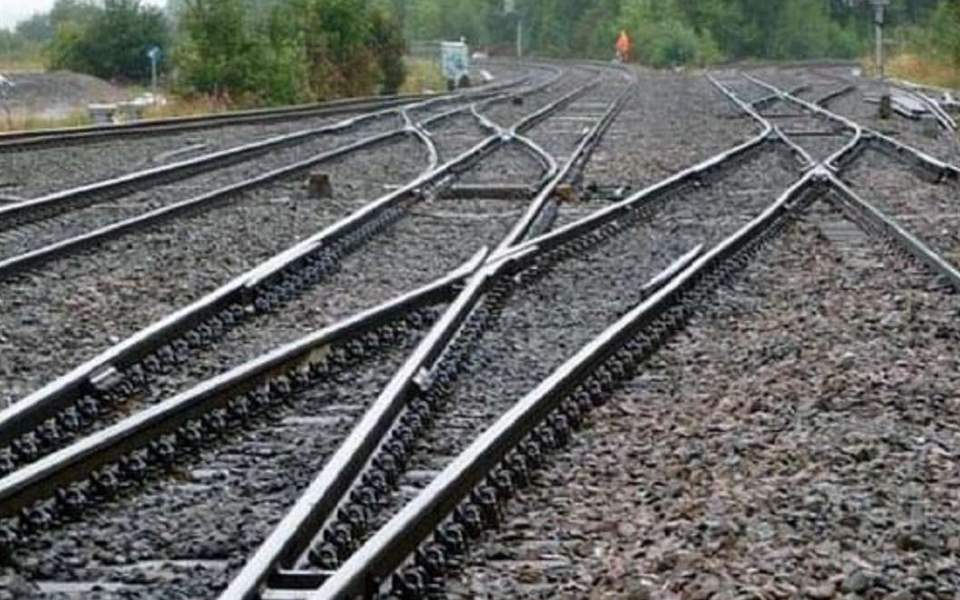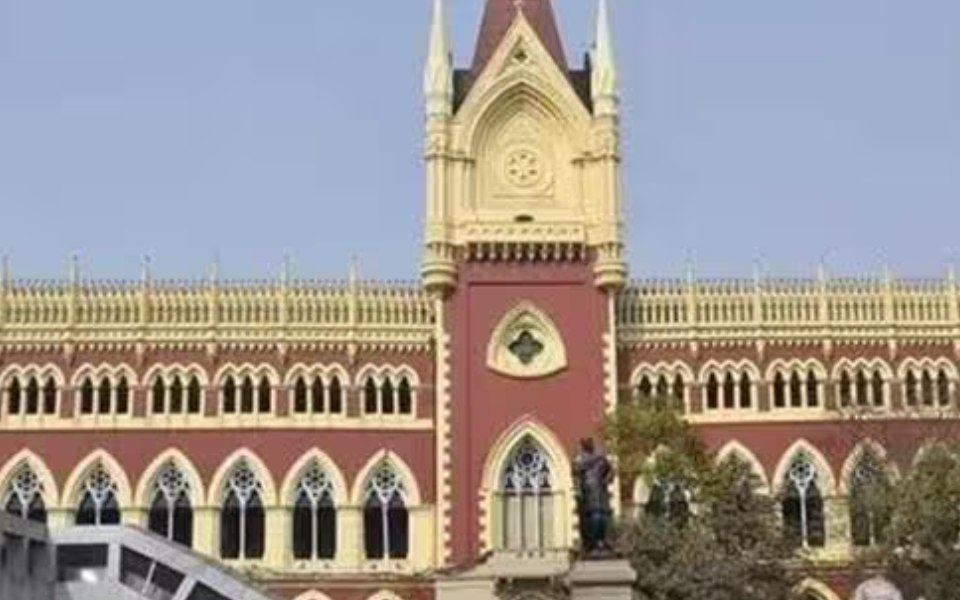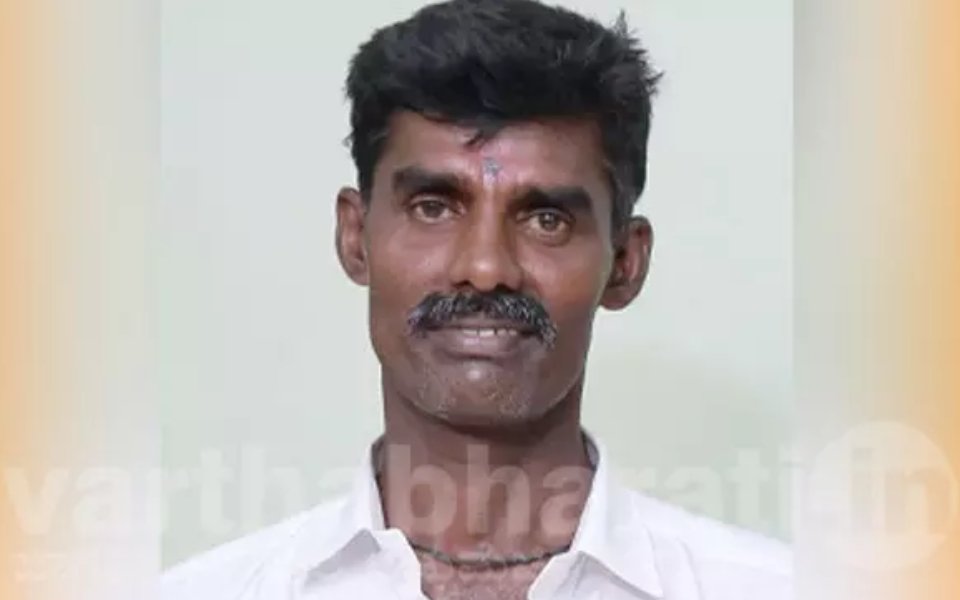Aligarh (UP): The Aligarh Muslim University (AMU) Teachers' Association on Friday passed a resolution expressing shock and anguish at the manner in which the country's Muslim community is allegedly being stigmatised under the garb of fighting the COVID-19 pandemic.
The AMUTA which held a special meeting of its executive committee has forwarded the resolution to President Ram Nath Kovind.
The resolution has urged Kovind to address the concerns of the minority community which is deeply concerned over the manner in which law is being misused to stifle the voices of dissent in the country under the cover of fighting the pandemic.
In a strongly worded statement, AMUTA expressed solidarity with the common citizens mainly daily wage earners compelled to migrate to their native villages and towns from metro cities for no fault of their own.
The resolution states, "It is a matter of shock and anguish for all of us that the COVID-19 pandemic is being used to spread hate against a particular community."
It urged the president to take cognisance of the manner in which "sedition law is being misused" by the police in several states to muzzle dissent.
It further alleged that "false cases" were filed against journalist Siddharth Varadrajan, pediatrician and human rights activist Kafeel Khan and human rights activist Umar Khalid and dozens of other similar activists because they has raised their voice against police excesses and injustices.
It is unfortunate that instead of reprimanding those who are spreading Islamophobia and strengthening divisive attitudes, action is taken by the police against those "who are raising their voices against such pernicious activities".
Secretary AMUTA Najmul Islam told reporters, "We firmly believe that the battle against COVID-19 in our country can only be successful if we are united. Every section of society irrespective of caste region and creed has to join hands in this endeavor."
We are fully committed to the present national endeavour and no amount of poisonous propaganda will deter us from serving the nation at this critical juncture, he added.
Let the Truth be known. If you read VB and like VB, please be a VB Supporter and Help us deliver the Truth to one and all.
New Delhi, Apr 25: The National Commission for Backward Classes (NCBC) would be summoning the Karnataka chief secretary over the "blanket reservation" given to the Muslim community in the state, chairperson Hansraj Ahir said on Thursday.
The NCBC has criticised the Karnataka government's decision to categorise the entire Muslim community as a backward caste for reservation purposes saying such blanket categorisation undermines the principles of social justice.
"All castes/communities of Muslim religion in Karnataka are considered socially and educationally backward classes of citizens and are categorised as Muslim Caste separately under Category IIB in the State List of Backward Classes," NCBC chairperson Ahir said.
"This classification enables them to receive reservation in educational institution admissions and in appointments to posts and vacancies in the services of the State, as per Articles 15(4) and 16(4) of the Constitution of India," he said.
The NCBC has emphasised that while there are indeed underprivileged and historically marginalised sections within the Muslim community, treating the entire religion as backward overlooks the diversity and complexities within Muslim society.
Ahir said the response received from the state government on the matter has not been satisfactory and he would be summoning the Karnataka chief secretary to give an explanation over the move.
According to the data submitted by the Karnataka Backward Classes Welfare Department, all castes and communities within the Muslim religion have been enlisted as socially and educationally backward classes under Category IIB in the State List of Backward Classes.
The commission, during a field visit last year, examined Karnataka's reservation policy for OBCs in educational institutions and government jobs.
While Karnataka provides 32 per cent reservation to backward classes in local body elections, including Muslims, the NCBC stressed the need for a nuanced approach that accounts for the diversity within these communities.
According to the 2011 Census, Muslims constitute 12.92 per cent of the population in Karnataka.

